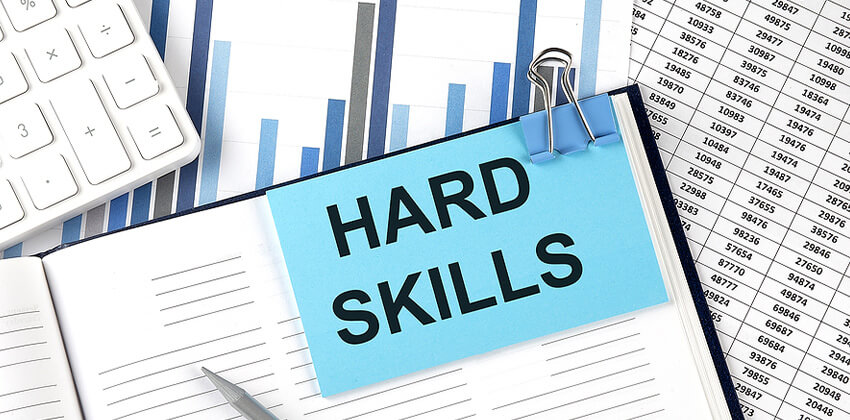
Sending poorly written emails can kill job opportunities as quickly as a photo of you on Facebook doing something illegal can. So, don’t take this task lightly.
Focus on doing email well, sending a message that reinforces your professionalism and personal brand. Doing email poorly is often the end of an opportunity or a professional relationship.
We all make assumptions about email that aren’t really true. Here are some important things to keep in mind:
-
Long messages with lots of details are best. NO!
Recent research has shown that the majority of email users read a message for the first time on their smartphones — a very small screen (in most cases). And they spend less than 15 seconds on average reading a message.
So, long messages are a mistake. Reading them may be postponed (and then never happen).
Focus on a single topic per message, and keep the paragraphs short. Longer messages with lots of details can be sent later, when requested. Or the details can be provided in a different document or using a different method (phone call, presentation, video, etc.).
-
Email messages are clear. NO!
Email is not a “complete” communications medium. Your recipient cannot hear your voice or see your face. Are you smiling or snarling when you write “Thanks a lot”?
They can only read your words. So be careful of the words you use, and, though they can occasionally be helpful, “emoticons” (or “smileys”) are not usually appropriate in business email. Sorry (:-|)
-
Every email message is delivered. NO!
Software monitors most email systems, attempting to separate the “good” email from the “junk.” Sometimes a good message can look like a bad one and get deleted or filed in a folder that is seldom reviewed. This may be a good reason to call that hiring manager to see if s/he got your message!
-
Email is private. NO!
The message you send to person A may be forwarded to persons B through Z who in turn forward it to their friends and/or associates. This can be good (“viral” in Internet speak) or bad.
According to a recent study, the majority of medium to large employers retain (and may review) email messages sent by employees.
Email is usually “discoverable” in a Court of law. Yes, you can probably (if you have enough money) find that email your ex-husband sent to his girlfriend BEFORE the divorce, even though he THINKS he deleted it off his home and/or office computers. It’s probably still stored on a few computers in the Internet infrastructure somewhere.
-
Email is temporary. NO!
Email messages can have an extremely long life. Anyone who receives your message may save it, either on paper or on their computer (or both). And, of course, messages are saved on individual computers and also forwarded to countless people, who may also save it.
In addition, parts of the email infrastructure make and keep copies as back-up in case of technical problems (see the paragraph above).
Follow the Email “Golden Rule”
Avoid writing in an email anything you wouldn’t be comfortable having your boss, parents, or grandparents read on the front page of The New York Times or The Wall Street Journal.
Failing to follow this “golden rule” cost the CEO of Sony her job when hackers released hundreds of her emails, including several that said very unflattering things about some stars and other important figures in that community/network. Don’t make the same mistake.
Remember Sony’s former CEO if this “golden rule” doesn’t otherwise seem relevant!
More About Using Email for Job Search
- How to End an Email (Closing Lines and Sign-Offs)
- Smart Email Etiquette
- Making Email Work for Your Job Search
- 4 Killer Tactics to Get Your Email and Resume Read
- Bad Assumptions About Email
- Smart Email: How to Use Email Like a C-Suite Executive
- Sample Job Interview Thank You Email
- Sample Email Requesting a Reference
 About the author…
About the author…
Online job search expert Susan P. Joyce has been observing the online job search world and teaching online job search skills since 1995. A veteran of the United States Marine Corps and a recent Visiting Scholar at the MIT Sloan School of Management, Susan is a two-time layoff “graduate” who has worked in human resources at Harvard University and in a compensation consulting firm. Since 1998, Susan has been editor and publisher of Job-Hunt.org. Follow Susan on Twitter at @jobhuntorg and on Facebook, LinkedIn.
More about this author…
Don't forget to share this article with friends!




